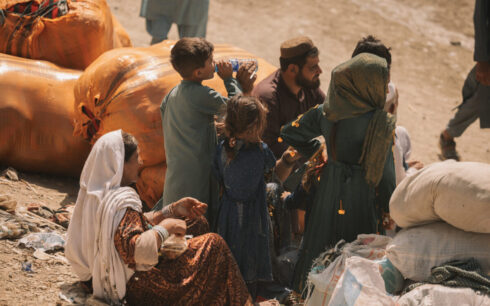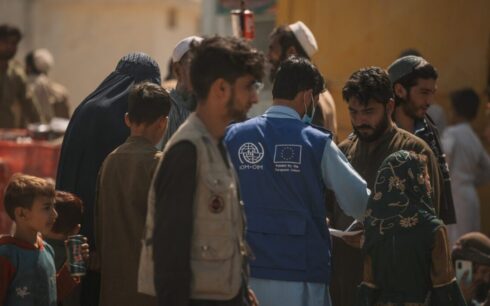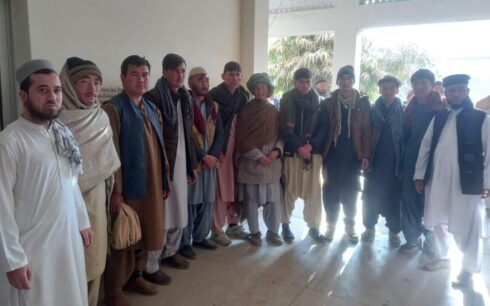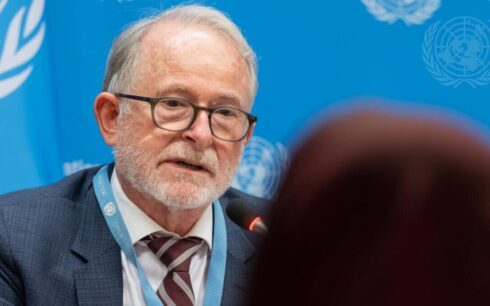ISLAMABAD — Journalists living in exile in Pakistan and Iran are warning that forced repatriation to Afghanistan could expose them to arrest, threats, and retaliation, as deportations from neighboring countries continue despite growing concerns from rights groups.
The Taliban’s own Commission for Addressing Migrant Challenges reported that more than 18,000 Afghans were expelled from Pakistan in the past week alone, an average of nearly 3,000 people per day. While the rate of deportations briefly slowed amid recent military tensions between India and Pakistan, officials say the expulsions are ongoing.
Among those most at risk are vulnerable groups — particularly journalists, civil society activists, and women — many of whom fled Afghanistan following the Taliban’s return to power in August 2021. These individuals fear persecution if forced to return, especially amid reports of escalating crackdowns on press freedom inside the country.
“In the current year, arrests have continued, and no country is offering protection,” said Faheema Zahed Darwazi, an Afghan journalist based in Islamabad. “Even the United Nations has proven ineffective in Islamabad. Journalists here are under tremendous psychological and emotional pressure.”
Omid Pouya, another journalist in Pakistan, described a similar situation, saying that despite extensive efforts to secure asylum or protection, he has received little tangible support and lives under the constant threat of deportation.
Conditions for Afghan journalists in Iran are no better. Many report stalled immigration cases, difficulties renewing visas, and growing financial pressure. Some say they are unable to work or even express themselves freely, all while living in legal limbo.
“In Iran, there is no guarantee of our safety if we return,” said Somayeh Attaei, a journalist living in Tehran. “Our migration cases are not progressing. We’re not allowed to work. The living conditions are extremely difficult.”
The Committee for the Protection of Journalists, an advocacy group supporting Afghan media workers, said it has formally contacted the United Nations and resettlement countries to raise concerns and propose measures to address the deteriorating situation.
“We’ve written letters to the U.N. and relevant countries, explaining the challenges Afghan journalists face,” said Hamed Abidi, who leads the organization. “We’ve also made specific recommendations to help resolve the crisis.”
Migrant rights advocate Mohammad Talebi Mohammadzai stressed the need for legal protections in host countries. “The stay of these individuals in neighboring countries is limited. We need to negotiate with host governments to secure legal residency and durable solutions,” he said.
Alongside journalists, women’s rights activists have also expressed fear about being returned to Afghanistan, where the Taliban’s sweeping restrictions have erased most avenues for female participation in public life. Despite calls from international organizations to halt deportations, the forced returns show little sign of slowing.





